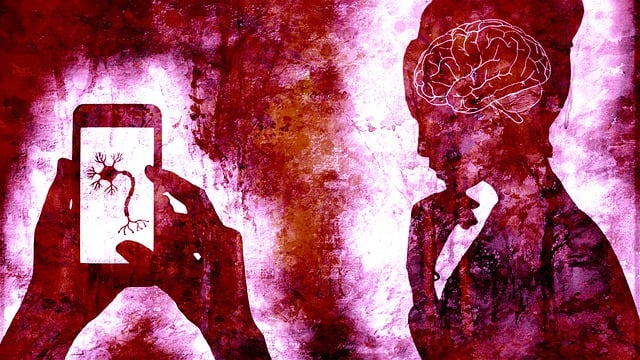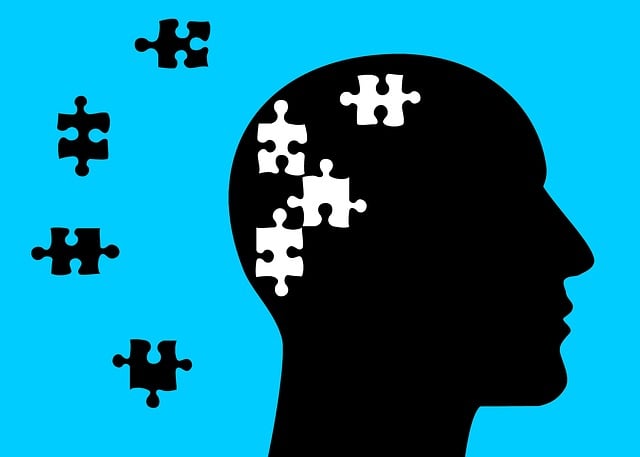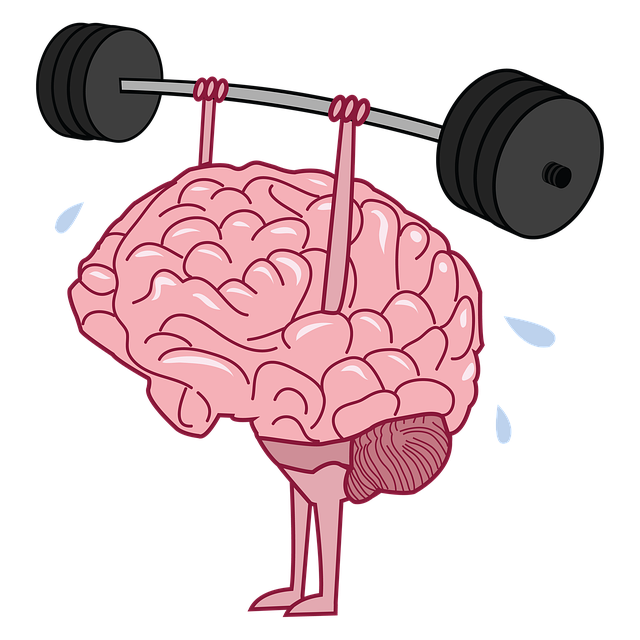In today's world, mental health crises among young children, including anxiety, depression, and trauma, are on the rise. Crisis hotline services offer immediate support, prevent escalation, and guide children and families towards longer-term therapy options like Social Skills Training. For sexual addiction in children, these hotlines provide vital resources, offering 24/7 access to trained professionals who emphasize early intervention and break down barriers to seeking help. Public awareness campaigns normalize conversations around child sexual addiction, while advocacy pushes for improved mental health policies tailored to this demographic. Swift support during crises involves creating safe spaces, providing tailored therapy sessions, and implementing resilience-building strategies through specialized resources like online platforms and qualified mental health professionals.
In today’s fast-paced world, mental health crises are on the rise, especially among young people grappling with issues like child sexual addiction. Understanding the need for crisis hotline support services is more crucial than ever. This article delves into the critical role of hotlines in addressing these pressing matters, focusing on accessible therapy options for young children and effective intervention resources. By exploring these key areas, we aim to illuminate how crisis hotline services can revolutionise support for vulnerable individuals.
- Understanding the Need for Crisis Hotline Services
- The Role of Hotlines in Child Sexual Addiction Cases
- Accessible Therapy Options for Young Children
- Effective Support Measures and Resources for Rapid Intervention
Understanding the Need for Crisis Hotline Services

In today’s fast-paced world, mental health crises can arise unexpectedly, particularly among vulnerable populations such as young children. The need for dedicated hotline support services is evident when considering the rising rates of anxiety, depression, and trauma in childhood. These crises often manifest as a result of complex factors including adverse life events, domestic issues, or even invisible struggles like sexual addiction. Traditional therapy approaches may not always be suitable or accessible for young minds; thus, crisis hotlines play a pivotal role in providing immediate assistance.
Crisis hotline services offer a safe space for individuals to connect with trained professionals who can provide empathy, guidance, and practical solutions. By addressing mental health concerns promptly, these hotlines prevent situations from escalating and promote better coping strategies. Moreover, they serve as a bridge to longer-term therapy options, ensuring that young children receive the necessary care for their unique needs, whether it’s overcoming sexual addiction or developing healthy self-esteem improvement and self-awareness exercises through compassion cultivation practices.
The Role of Hotlines in Child Sexual Addiction Cases

In cases of child sexual addiction, hotlines play a pivotal role in offering immediate support and guiding individuals towards specialized care. These crisis hotline services are often the first point of contact for parents, caregivers, or children themselves who may be struggling with this complex issue. Trained professionals answer calls, providing trauma support services and emotional assistance while ensuring confidentiality. The hotline staff can offer crucial resources, connect families to local therapy for young children sexual addiction specialists, and help navigate the available healthcare provider cultural competency training options.
By offering a safe space for individuals to express their concerns, hotlines break down barriers to seeking help. They provide a sense of urgency in addressing the issue, which is essential as early intervention can significantly impact recovery. Moreover, these services often offer 24/7 availability, ensuring that those dealing with child sexual addiction can access mood management resources and support whenever needed. This immediate assistance can be life-changing, offering a lifeline to families navigating this challenging and sensitive topic.
Accessible Therapy Options for Young Children

In addressing mental health crises, especially among young children, accessible therapy options play a pivotal role in early intervention and long-term well-being. Many issues affecting children today, including anxiety, depression, and even sexual addiction, can be effectively managed through tailored therapeutic approaches. One such approach is Social Skills Training, which equips children with the necessary tools to navigate social interactions successfully, fostering better relationships and boosting their overall mental resilience.
Public Awareness Campaigns Development is crucial in normalizing conversations around children’s mental health. By increasing public understanding of common issues like sexual addiction in young children, these campaigns can reduce stigma and encourage families to seek help early. Furthermore, Mental Health Policy Analysis and Advocacy drives changes at the systemic level, ensuring that resources are allocated effectively for therapy services catering to this vulnerable demographic.
Effective Support Measures and Resources for Rapid Intervention

In addressing a mental health crisis, particularly among young children grappling with sexual addiction, swift and effective support measures are paramount. The initial response should focus on ensuring safety and providing a non-judgmental space for expression. This can involve immediate access to therapy sessions tailored for young minds, integrating resilience-building strategies that foster emotional agility. Such interventions aim to help children navigate their feelings and behaviors, promoting healthy coping skills development.
Resources for rapid intervention include specialized crisis hotlines that offer empathy-building strategies, enabling children to communicate openly about their struggles. These services connect families with qualified mental health professionals who can provide in-depth assessments and personalized treatment plans. By leveraging technology, online platforms offering therapy for young children sexual addiction ensure accessibility, allowing for discreet and timely support, crucial elements in building a robust safety net during a crisis.
In light of the growing awareness about mental health, crisis hotline support services play a pivotal role in offering immediate assistance. The article has highlighted the critical need for accessible therapy options for young children, especially in cases of sexual addiction. By providing effective support measures and resources for rapid intervention, hotlines empower individuals to seek help without delay. Understanding these services is essential to ensuring that those experiencing crises have access to the necessary tools for recovery and healing, ultimately fostering a healthier society.








